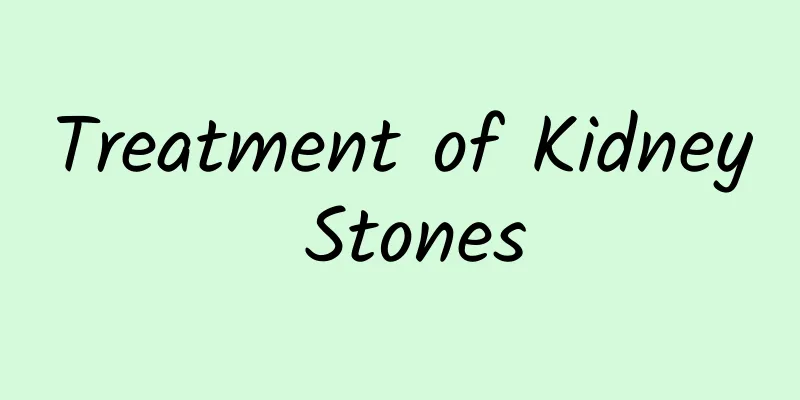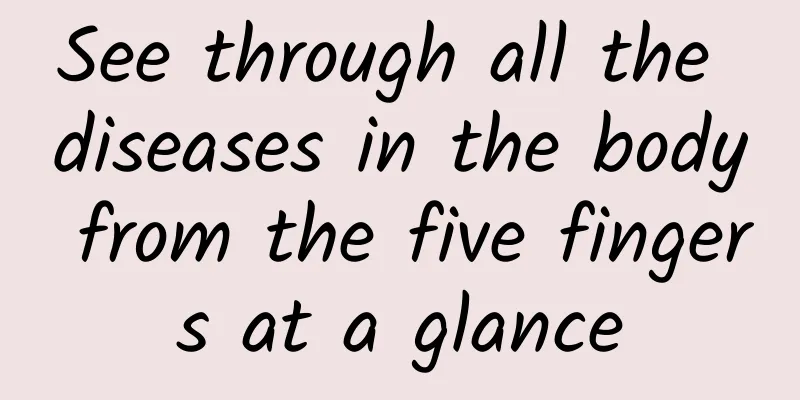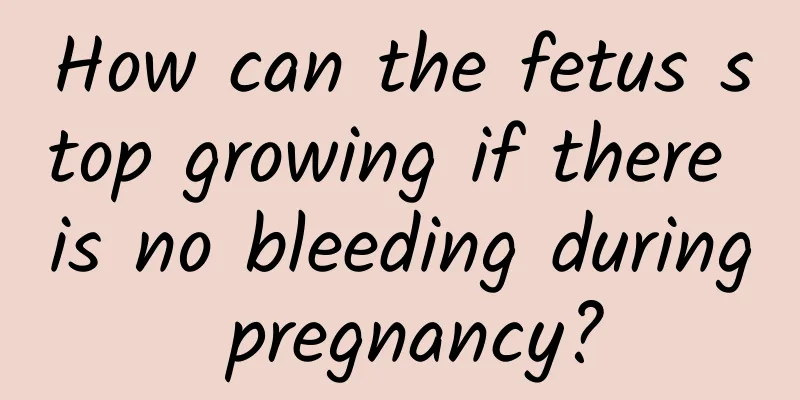What can't you eat if you have tracheitis?

|
Tracheitis is an inflammatory change of the trachea and bronchial mucosa caused by infection or non-infection factors. It often occurs in life. The main clinical manifestations are long-term coughing and sputum, or wheezing. However, if it is not treated actively, it may develop into obstructive pulmonary emphysema. Therefore, it must be treated actively. What issues should be paid attention to in the diet of tracheitis in life? In fact, the symptoms of early tracheitis are not obvious, because coughing and expectoration may occur in daily life, so it is easy for patients to miss the best time for treatment. This reminds us that we must pay attention to our daily health care and stay away from these diseases. Drinking milk is beneficial for smokers suffering from chronic bronchitis. People who smoke and drink milk have a significantly lower risk of developing chronic bronchitis than those who smoke but do not drink milk. If you must smoke, don't forget to drink milk. Drinking water to reduce phlegm and drinking more vegetable and fruit juice has a good effect on chronic bronchitis. It not only can relieve cough and reduce phlegm, but also can supplement vitamins and minerals, which is very beneficial for recovery from the disease. You can chop raw radish, fresh lotus root, and pear into juice, add honey and mix well before drinking. It has significant effect on hot cough and dry cough caused by chronic bronchitis. Eat more green vegetables. You can eat more vegetables and soy products in each meal, such as white radish, carrots, green leafy vegetables and other light and easily digestible foods. Eat more foods that can relieve cough, relieve asthma, eliminate phlegm, warm the lungs and strengthen the spleen, such as ginkgo, loquat, grapefruit, pumpkin, yam, chestnut, lily, kelp, seaweed, etc. Foods that should be avoided include raw, cold, salty, spicy, greasy, tobacco, alcohol and other irritants, so as not to aggravate the symptoms. Do not rush to take supplements such as ginseng and deer antler. They should not be used during acute attacks or when there is a lot of phlegm and greasy tongue coating. Otherwise, the chest tightness and shortness of breath will become worse, and the condition will be aggravated. The above is some dietary introduction about bronchitis. From these introductions, we find that in addition to receiving treatment, dietary problems must not be ignored. We should drink more milk, eat more vegetables and fruits, and be wary of spicy foods, otherwise it will easily aggravate the condition. |
<<: What to do if you have indigestion and constipation
>>: What food is good for tracheitis
Recommend
Insufficient Qi and blood can cause spots. Eat more foods that replenish Qi and blood.
Women with insufficient qi and blood are prone to...
What are the benefits of moxibustion on Mingmen?
In winter, people may feel cold limbs and not fee...
What is curettage?
Nowadays, young people are becoming more and more...
What causes chest pain?
The examination found that if there is pain in a ...
Benefits of doing a double-legged wall stand
Standing upside down with your legs against the w...
What are the beauty benefits of calendula?
The nutritional value of marigold is very high. I...
Treatment of peripheral neuropathy
What should we do with peripheral neuropathy? For...
How to treat liver, spleen and kidney deficiency?
Nowadays, there are a lot of people who have bad ...
What should I do if my child develops large flat pimples?
Babies have relatively low resistance, so they ca...
What causes diaphragmatic hernia?
Diaphragmatic hernia is a diaphragm disease and i...
What is a chocolate cyst?
What is chocolate cyst? It is a very common disea...
Dry and peeling soles
With the arrival of autumn and winter, the weathe...
Can Pi Yan Ping cure athlete's foot?
Piyanping is a common topical medication. Its mos...
I feel pain after having sex with my husband.
Normal adults will have a normal sex life after m...
What foods are most effective in detoxifying the liver?
The liver is one of the more important organs in ...









